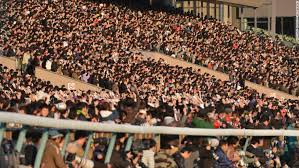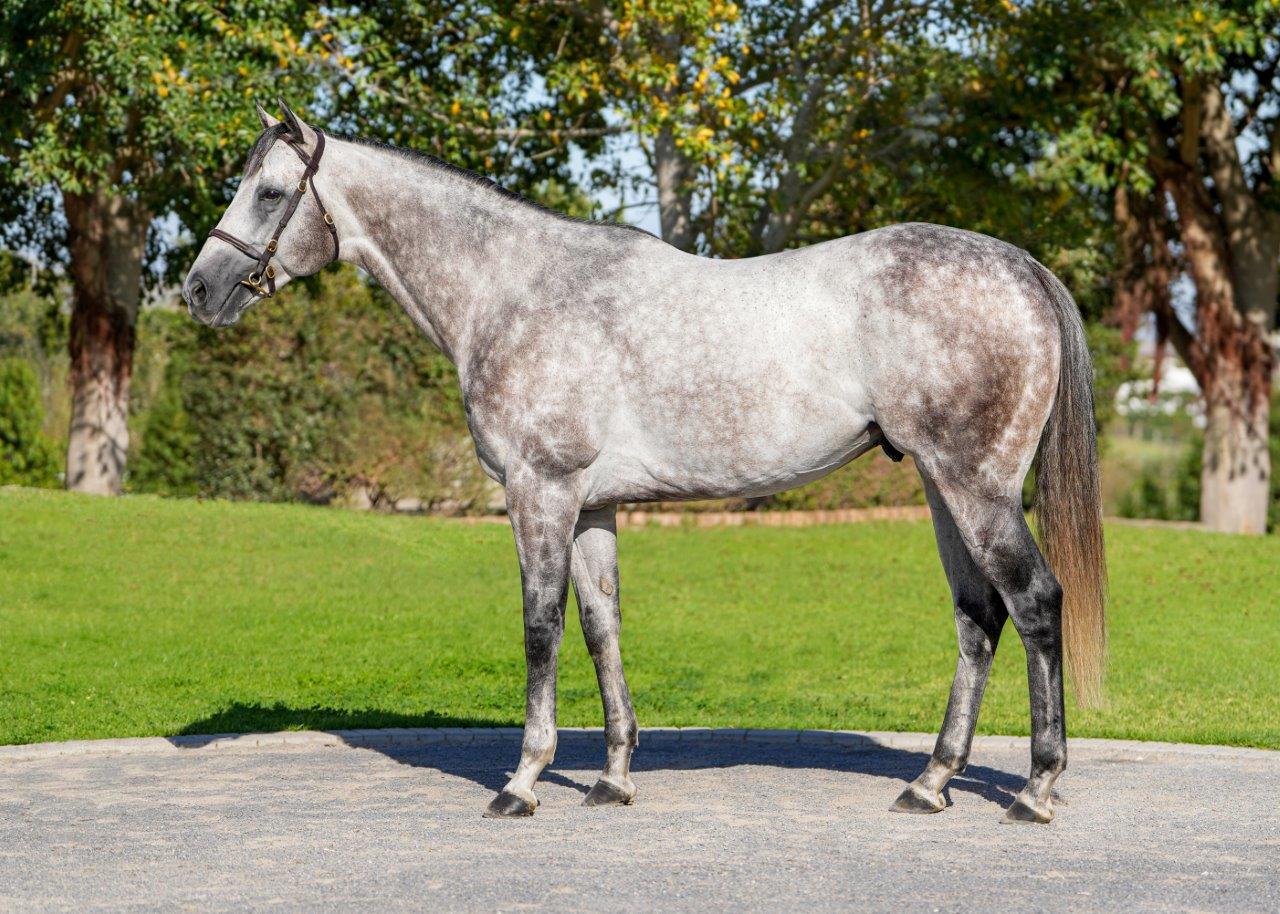Big in Japan. It’s a phenomenon well known to generations of rock bands, elevated from relative obscurity at home to apparent god-like status in the Land of the Rising Sun.
Met at the airport by screaming fans, groups struggling to get in their own charts get an unexpected – and often career-reviving – taste of Beatlemania, Orient-style.
However, it’s not pop music, but horse racing – a sport that has emerged from a murky association with underworld gambling – to become an aspirational pastime for a younger generation of Japanese racegoers and a rival to the likes of baseball and football. The emergence of Japanese racing has been a well-planned offensive which is finally paying huge dividends.
“Many years ago, horse racing had a kind of bad reputation but there has been a big change in perception among Japanese citizens,” says Fumitaka Tsuruoka, the Paris representative for the Japan Racing Association. “It is true that horse racing still offers betting but it is loved by many people as a sport, which they could be enthusiastic about.”
In the past, racing was seen to be the domain of the Yakuza, controlled by organized crime syndicates. However, the perception of horse racing in Japan has changed, steered by a strong mandate by the sport’s national ruling body, the JRA.
New generation of fans
This change has led to a much younger racegoing public in Japan than generally seen in Europe or the United States, for example. Jane George, a director of the International Racing Bureau (IRB) which looks after the Japan Cup on behalf of the JRA, describes those fans as “producing an atmosphere like I’ve never seen before. As the starter goes up in a lift to his starting position, there’s chanting and everyone hits their racing cards together,” she says. “You can’t help but get goosebumps from it.”
Race meetings are incomparable to Europe. Only taking place on Saturdays and Sundays, as opposed to week-long schedules in many countries, the racing starts as early as 10.30 in the morning.
The card usually consists of 10 races, with a break in the middle and usually a jumps race amid the array of flat racing on show. And such is its popularity that fans will camp out the night before to get tickets for the day’s action.
The racing experience
Ed Dunlop, perhaps best known for Snow Fairy (who posted back to back wins in the QEII Commemorative Cup in Kyoto), has enjoyed more success than most as a foreign trainer on Japanese soil. His family has long been interlinked with Japan – his father John was among the first foreign trainers to be invited over.
Dunlop says the obsession with horse racing in Japan, even for its domestic races, is fervent. “It’s enormous compared to what we’re used to. Horses have huge followings and jockeys too. You’ll see posters of them out there, which you’d never see in the UK for a second. At the Japan Cup (the biggest race on the calendar), there’s 100,000 people there. The atmosphere is like nothing I’ve heard before. The noise is genuinely unbelievable.”
It is a sentiment echoed by the current world’s best jockey (as per Longines ratings) Ryan Moore, who likened it to another sport. “It’s the one time when it feels like you’re inside a football stadium. There’s just a crazy amount of shouting. It seems like it’s like that every day on the track. When you get off the plane and the bus, you have people trying to get pictures, sign autographs, books and stuff like that. It’s stranger when it’s like half past 10 at night. Japanese jockeys are used to it as they get it a lot.”
Quality over Quantity
All of it is run centrally by the JRA, with a stipulation that each trainer can oversee just 30 horses each. Increasingly, the caliber of horses is on the rise, with the Yoshida family in particular leading the way in buying the top horses across the globe – starting in 1990 with American colt Sunday Silence, which sired Deep Impact among others.
“Over the past 20 years, they’ve been buying English Derby winners and they’ve now got some of the finest bloodstock in the world,” comments Dunlop. “They’ve got very good horses and they’re becoming increasingly hard to beat. As a result, it’s very hard to win there.”
The lure of Japan to trainers like Dunlop is obvious, with the pots on offer usually enormous. “You can only race there if you’re invited over by the JRA and they pay for all your expenses to get there and while you’re over there,” he says.
It is similar for jockeys too, and Ryan Moore is more familiar than most with the machinations of the Japanese horse racing world, having first ridden there in 2006. “You get 5% of the racing purse, which is generally half of what you’d get in Europe, but the prize money is so much higher,” he says. “It’s probably the best-run horse racing in the world. You never see any horses that are non-runners, no-one’s overweight and there’s never any hiccups. You can only ride there for three months at a time and only six foreign jockeys can be there at any one time. The standard of horses is as good as anywhere in the world. But being there is a very difficult culture. It’s about as alien from us as a culture as you can get. Everyone’s very helpful and the language isn’t an issue as you have an interpreter with you the whole time. Sometimes it can be quite lonely out there as there’s not too many people speaking English. But the standard of racing is top class.”
Heroes
While Moore and his foreign peers can expect to be mobbed there, it is nothing in comparison to Japan’s own riders. Yutaka Take (winner of the 2016 Japan Cup aboard Kitasan Black) is a case in point, who Tsuruoka says is “akin to a David Beckham in Japan,” such is the adulation, adding that “he has been quite big in contributing to the development of horse racing in Japan over the past 30 years.”
During December, CNN’s Ally Vance profiled Asia’s passion for horse racing and how they are successfully drawing huge crowds of younger fans – as well as achieving incredible tote turnovers. She produced a series of documentaries including the must watch “Japan’s Incredible ‘Super Fans’”, followed by a look at Hong Kong’s drug testing methodologies and an outing to the hugely successful Happy Wednesday concept.









